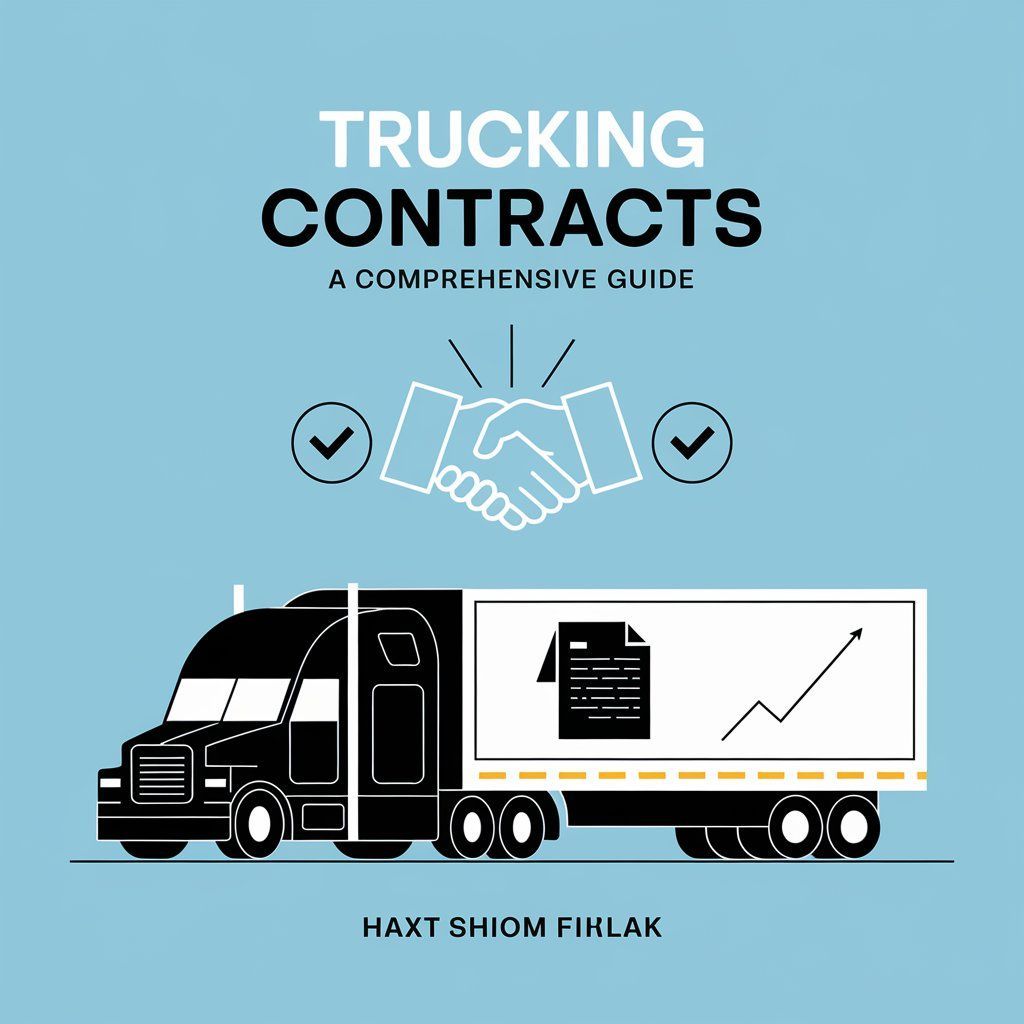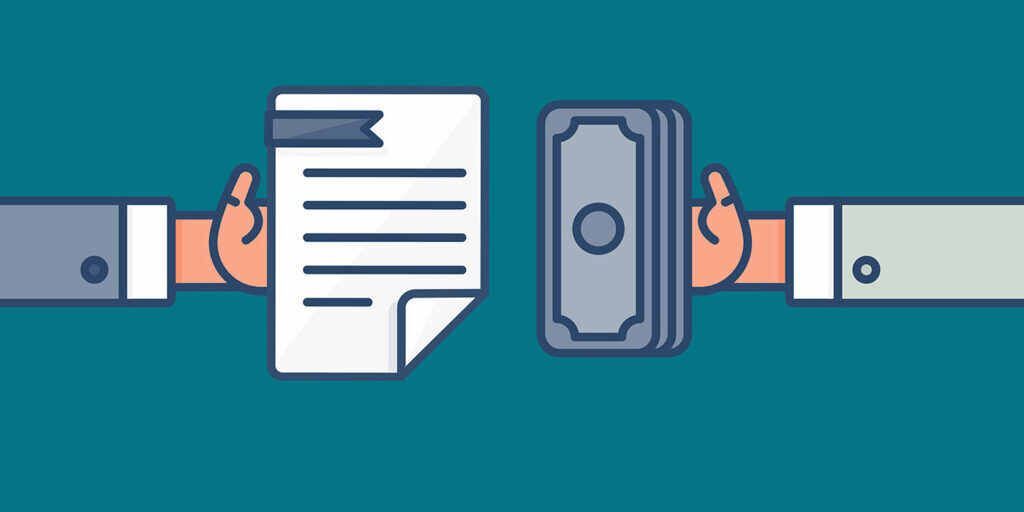Comparing Factoring vs. Bank Loans: Which is Right for Your Business?
When it comes to financing your business, there are a lot of options available.
Two of the most popular options are factoring and bank loans. While both can provide funding for your business, they differ in their approach and requirements. In this article, we will compare factoring vs. bank loans and help you determine which is right for your business.
What is Factoring?
Factoring is a financing solution that allows businesses to sell their accounts receivable (invoices) to a third-party company called a factor. The factor pays the business a percentage of the invoice amount upfront and collects the full amount from the customer when the invoice is due. The factor then takes a fee for their services.
Factoring is a popular financing option for businesses that have a lot of outstanding invoices and need to improve their cash flow. Factoring can provide quick access to funds and does not require a business to have good credit or collateral.
What are Bank Loans?
A bank loan is a traditional financing option that involves a business borrowing money from a bank or other financial institution. The loan is paid back over time, with interest. Bank loans can be secured or unsecured, and the interest rates and terms will vary depending on the lender and the borrower's creditworthiness.
Bank loans are a good financing option for businesses that need a significant amount of funding and have good credit and collateral. Bank loans can provide lower interest rates and longer terms than other financing options.
Comparing Factoring vs. Bank Loans
When comparing factoring vs. bank loans, there are a few key differences to consider:
1. Creditworthiness: Factoring does not require good credit or collateral, making it an option for businesses that may not qualify for a bank loan.
2. Speed: Factoring can provide quick access to funds, while bank loans may take longer to obtain.
3. Fees: Factoring fees can be higher than bank loan interest rates, so it's important to weigh the cost of each option.
4. Control: With factoring, the factor takes control of the accounts receivable and collects payment from the customer. With a bank loan, the business retains control of its assets.
Which is Right for Your Business?
Determining whether factoring or a bank loan is right for your business will depend on your specific needs and circumstances. Here are some factors to consider:
1. Creditworthiness: If your business has poor credit or no collateral, factoring may be a better option.
2. Cash flow: If your business needs quick access to funds, factoring may be a good option. If you have some time to wait, a bank loan may be a better option.
3. Control: If you want to retain control of your accounts receivable and customer relationships, a bank loan may be a better option. If you don't mind giving up some control, factoring may be a good option.
4. Cost: It's important to compare the fees and interest rates of each option to determine which is more cost-effective for your business.
Flexibility and Accessibility
Another factor to consider when choosing between factoring and bank loans is the flexibility and accessibility offered by each option. Factoring companies like Atlas Factoring provide flexible financing solutions that can grow with your business. As your business needs change, factoring companies can adapt to meet those needs. They can also provide quick access to cash, which can be especially helpful in times of growth or unexpected expenses.
On the other hand, bank loans typically require extensive documentation and can take longer to obtain. Banks may also have strict criteria for approving loans, which can make it difficult for some businesses to qualify. In addition, bank loans often come with strict repayment terms and may require collateral, which can be risky for business owners.
Cost and Fees
Another important consideration when choosing between factoring and bank loans is the cost and fees associated with each option. Factoring fees can vary depending on the size and complexity of your business, as well as the level of service provided by the factoring company. However, factoring fees are often lower than the interest rates and fees associated with bank loans.
Bank loans often come with a range of fees, including application fees, origination fees, and prepayment penalties. In addition, interest rates on bank loans can be high, especially for businesses with less than perfect credit.
Credit and Risk
Another factor to consider is your business's credit and risk profile. Factoring companies typically consider the creditworthiness of your customers, rather than your own credit history. This can be especially helpful for businesses with less than perfect credit, as factoring companies are more concerned with the creditworthiness of your customers.
Bank loans, on the other hand, typically require a strong credit history and collateral to secure the loan. This can be difficult for businesses with limited credit or collateral.
Which Option is Right for Your Business?
Ultimately, the choice between factoring and bank loans depends on your individual business needs and goals. If you need quick access to cash, flexible financing solutions, and minimal documentation, factoring may be the better option. If you have a strong credit history, are willing to provide collateral, and can wait for loan approval, a bank loan may be the better option.
Atlas Factoring: Your Factoring Partner
If you're considering factoring for your business, Atlas Factoring is an excellent option to consider. At Atlas Factoring we offer a range of flexible financing solutions to meet the unique needs of your business. We provide a free 30-minute consultation with an industry expert to help you determine if factoring is right for your business.
In addition, at Atlas Factoring provides access to a customer digital dashboard 24/7, which allows you to track your funding and invoices in real-time. We will also assign a personal specialist to each account, ensuring that you always have a dedicated point of contact for any questions or concerns.
With commitment to exceptional customer service and flexible financing solutions, Atlas Factoring is an excellent partner for businesses looking to grow and thrive. Click here for a FREE CONSULTATION!
In summary, when it comes to financing your business, factoring and bank loans are two popular options to consider. While each option has its pros and cons, factoring is often a better fit for businesses looking for quick access to cash, flexible financing solutions, and minimal documentation. By working with a reputable factoring company like Atlas Factoring, you can take advantage of these benefits and grow your business with confidence.
Key Takeaways
- Factoring involves selling accounts receivable to a third-party, providing quick access to funds and does not require good credit or collateral.
- Bank loans involve borrowing money from a financial institution, paid back over time with interest, and are a good option for businesses with good credit and collateral.
- When comparing factoring vs. bank loans, important factors to consider include creditworthiness, speed, fees, and control.
- Factors to consider when deciding between factoring and bank loans include creditworthiness, cash flow, control, cost, flexibility, accessibility, and credit and risk.
- Factoring can be a more cost-effective option compared to bank loans, but it's important to compare fees and interest rates.
- Factoring is a good option for businesses with poor credit or no collateral, in need of quick access to cash or a flexible financing solution.
- Bank loans are a good option for businesses with good credit and collateral, in need of a significant amount of funding, and have more time to wait.
- Atlas Factoring can help businesses looking into factoring as a financing option, providing a free consultation, access to a digital dashboard, and personalized attention.
- Ultimately, the choice between factoring and bank loans depends on the individual needs and circumstances of each business.








VISIT US
HOURS
Monday - Friday
8:00am - 5:00pm MST
Closed All Major Holidays
We provide working capital to businesses in all 50 states.




Share On: